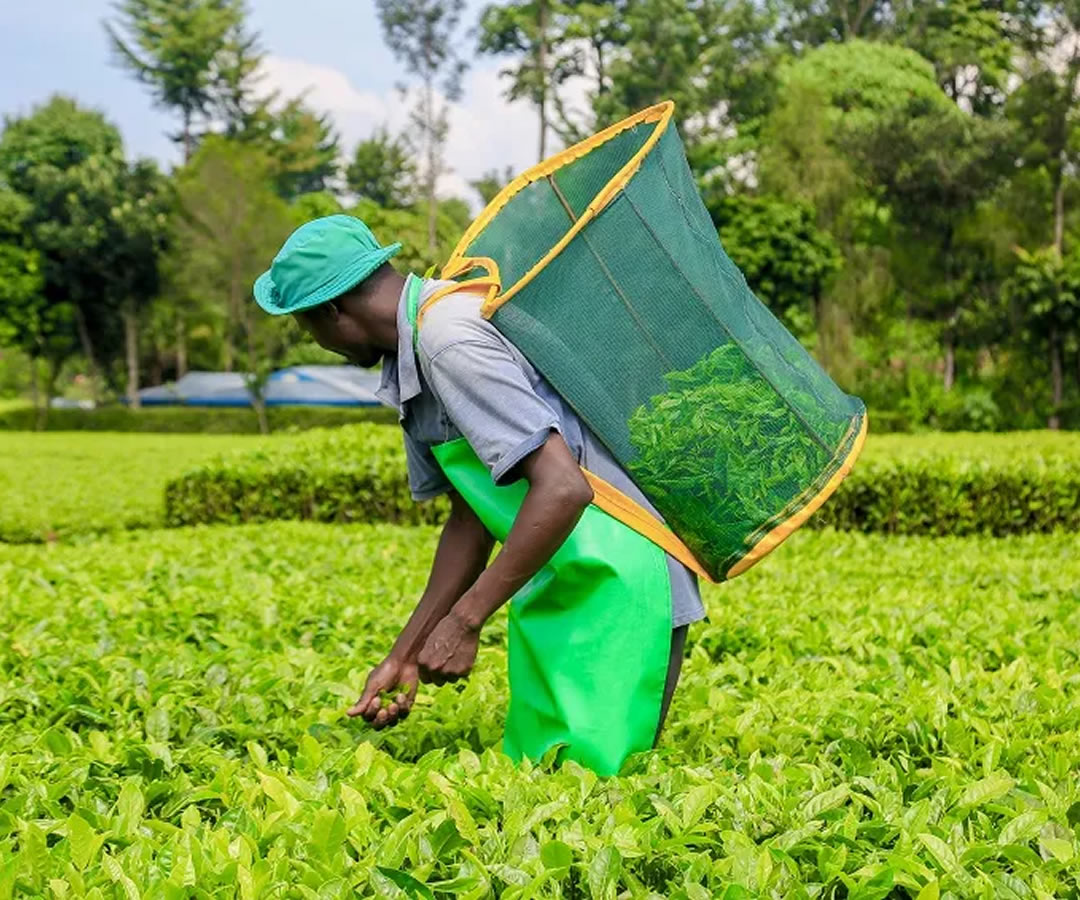Report: Most new jobs in Kenya are informal, low-paying, and insecure

Kippra warns that while the country registered notable job creation in 2024, with 782,300 new positions recorded, 90 per cent of them were in the informal economy.
Kenya’s economy continues to expand, but the jobs being created are not matching the country’s long-term development goals, a new report by the Kenya Institute for Public Policy Research and Analysis (Kippra) has revealed.
The analysis, based on the latest Africa Transformation Index (ATI), paints a stark picture of a country where most employment opportunities remain stuck in the informal sector, offering low pay, poor job security, and minimal benefits.
Kenya scored 7.7 on the ATI, placing it 22nd out of 30 African countries assessed.
Kippra warns that while the country registered notable job creation in 2024, with 782,300 new positions recorded, 90 per cent of them were in the informal economy.
This trend, the report says, continues to hurt Kenya’s efforts to deliver sustainable and high-quality employment, particularly for women and young people.
“Kenya is running fast, but not in the right direction when it comes to quality job creation. Growth in the economy has not translated into high-quality jobs; although formal jobs are concentrated in high-growth and high-productivity sectors, the job-creating potential of these sectors remains relatively limited,” the report notes.
The findings highlight stagnation in key sectors that traditionally drive inclusive growth. Manufacturing, a historically vital job creator, has seen a steady decline in productivity over the last ten years.
Despite increased rhetoric around industrialisation, the sector continues to fall short of its potential.
Agriculture, still the largest employer in the country, has not been spared either. The report shows its share of GDP has dropped from nearly 29 per cent in the early 2000s to around 21 per cent today.
This, Kippra says, reflects both economic transition and increasing vulnerability to climate-related shocks.
Erratic weather patterns, shortened planting seasons, and pest outbreaks have made agriculture more unpredictable and less profitable, yet it remains the main source of livelihood for millions.
The report calls for focused investment in climate-smart farming to secure rural incomes.
“While sectors like construction, real estate, and air travel have grown, they haven’t replaced lost agricultural jobs, pushing more workers into informal trade,” the report reads in part.
Kenya’s economic momentum now largely comes from the services sector, especially transportation, financial services, and government-driven activities. Air travel and real estate also continue to make strong contributions.
For instance, construction has nearly doubled its share of GDP, from 4 per cent in 2010 to 6 per cent in 2020.
However, the lagging growth in the industrial sector, particularly in manufacturing, raises concerns about Kenya’s capacity to generate stable and well-paying jobs necessary for poverty reduction.
The report also points to systemic gender imbalances in the labour market. Female participation remains low, especially in factories and leadership positions, due to poor working conditions and entrenched gender stereotypes.
Micro, small, and medium enterprises (MSMEs), where most Kenyans work, are also cited for job insecurity, unsafe work environments, and income gaps. Some companies have attempted to improve conditions through welfare programs, but their reach is still limited.
“Kenya’s challenges are compounded by glaring gender disparities in science, technology, engineering, and mathematics (STEM). Globally, women make up only 29.2 per cent of the STEM workforce, and Kenya mirrors this imbalance,” reads the report.
Enrollment of women in STEM-related university courses and technical training programs remains low, which Kippra says hampers national innovation, economic competitiveness, and inclusive growth.
